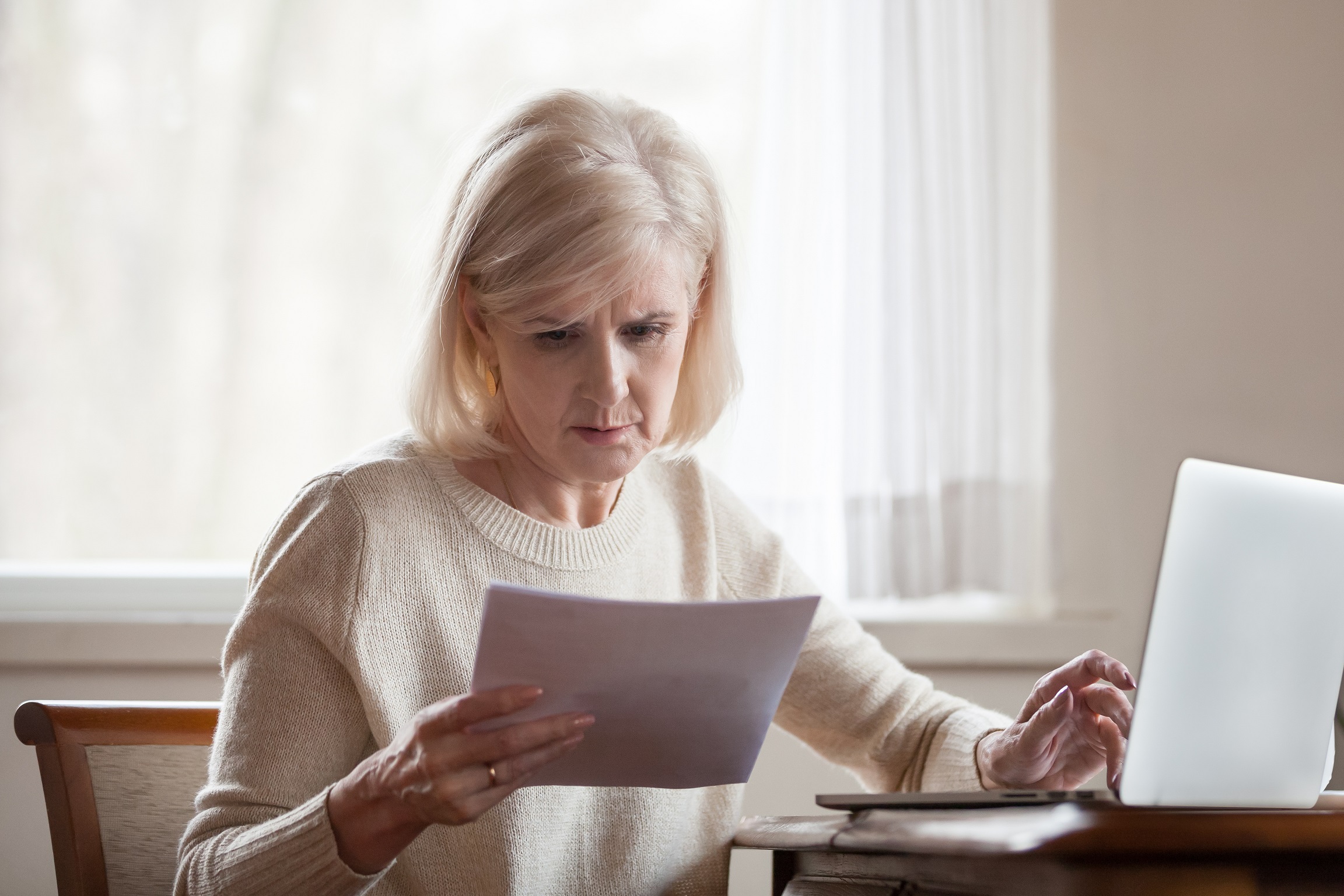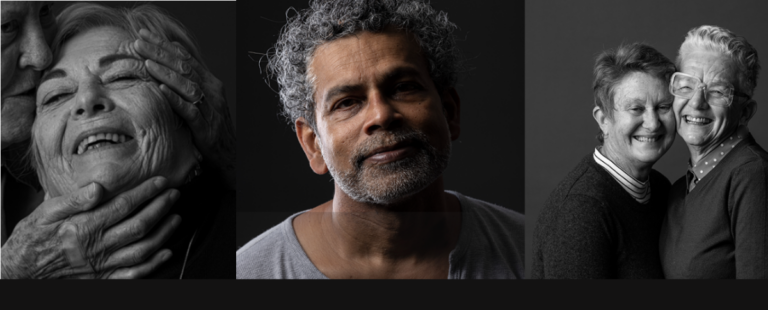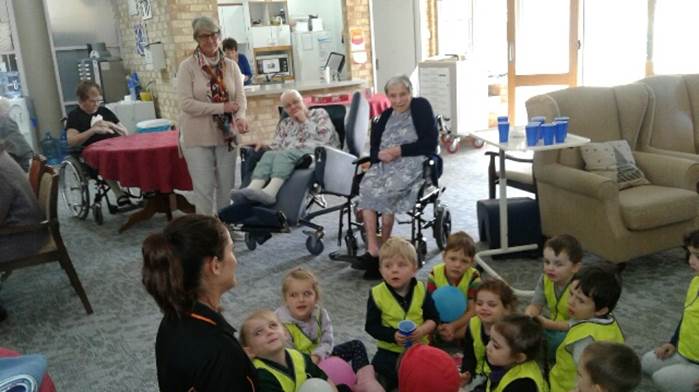Traditionally known as nursing homes, modern day residential aged care homes are designed to provide elderly residents with not only with care and comfort but also lifestyle activities, outings and various events to keep them motivated and part of the community.
STEP 1: ACAT Assessment:
The individual seeking care must be assessed by a government-appointed Aged Care Assessment Team (ACAT), who will consider the person’s ability to undertake day-to-day living activities and their medical needs, and will then determine their eligibility for residential aged care. Assessments by ACATs are funded by the Government and do not cost anything.
STEP 2: Government assistance:
You will need to have a formal income and assets assessment from the Department of Human Services (DHS) or the Department of Veterans’ Affairs (DVA) to determine if you are eligible to receive assistance from the Australian Government with your accommodation costs and if you need to pay a means-tested care fee. This should be arranged as soon as possible as this process can take time. If you choose not to complete an income and assets assessment, you will not be eligible for Australian Government assistance towards your accommodation costs.
STEP 3: Making the right choice:
Choosing a residential aged care home can be a stressful and emotional time, not only for the resident but for their family as well. Consider the following when choosing a residential aged care home:
- What is the level of personalised care?
- Is there a primary care companion?
- Are nurses available 24/7?
- Are the available nurses trained in dementia care?
- Is there specialist dementia care and support services available if needed?
- What is the availability of medical support/allied health care and therapy rooms onsite?
- Does the facility offer freshly cooked chef-prepared meals?
- What are the additional premium services offered to ensure a high quality of life?
- Is there easy access to a health and wellness centre with onsite exercise physiology?
- Is there access to GP services onsite?
STEP 4: Costs involved:
When moving into a residential aged care home, you will be asked to pay one or more of the following as per the Department of Human Services (DHS) guidelines:
Basic Daily Fee
All recipients of residential aged care must pay a basic daily fee. This fee is for your day-to-day living costs such as basic meals, laundry, cleaning, heating and cooling. This is $51.21* per day as defined by the DHS and is set at 85% of the full age pension. When you enter a residential aged care home you will receive a letter from the DHS confirming your basic daily fee.
Means Tested Care Fee
If your income and assets are over a certain amount, you will be asked to contribute towards the cost of your care. The DHS will tell you if you need to pay this fee and the amount will be based on your income and assets assessment. The means tested care fee amount that Southern Plus will charge you will be based on this assessment.
Accommodation Payment Cost
This cost is for your accommodation. When choosing your room and date to move, you will have 28 days from the day you move into the home to decide on your payment method. You can choose to pay your accommodation costs by:
- A lump-sum refundable accommodation deposit (RAD)
- Rental style payments called a daily accommodation payment (DAP)
- A combination of both lump-sum and rental style payments (RAD & DAP)
You must pay your accommodation costs by the rental-style payment method until your decide how you want to pay for your accommodation. Prior to moving it’s best that you discuss with your financial advisor and decide the best option to suit your financial circumstances.
Additional Services Fee
Certain residential care homes charge an additional services fee. This fee is charged for accessing the premium services. These services include 24/7 onsite nursing care, concierge service if required, personalised activity programs, extra family dining and events,
For more information and details, please contact My Aged Care on 1800 200 422 or call our 24/7 Advice Line on 1300 000 161.



